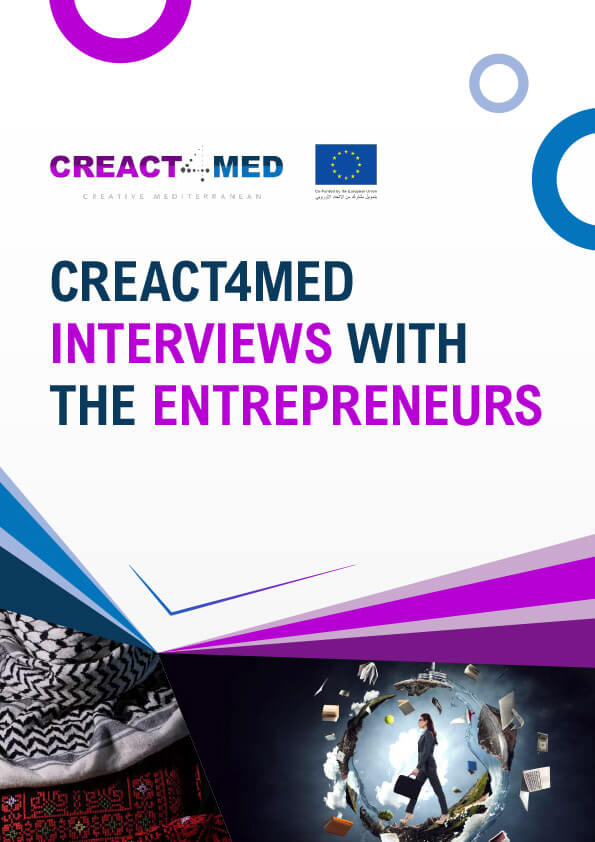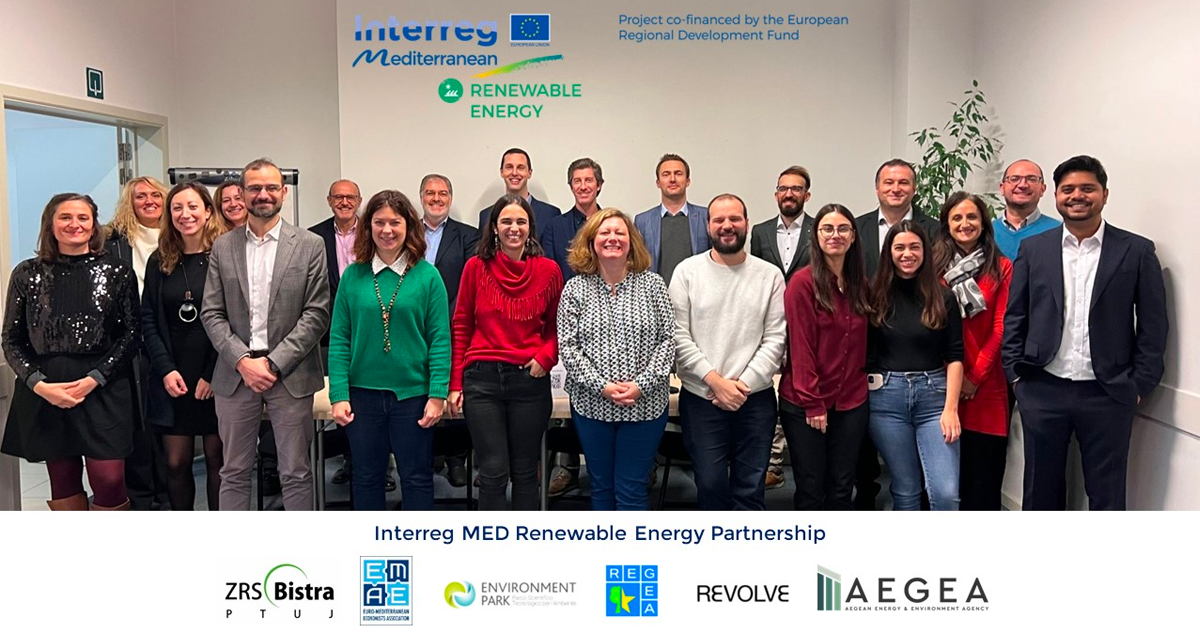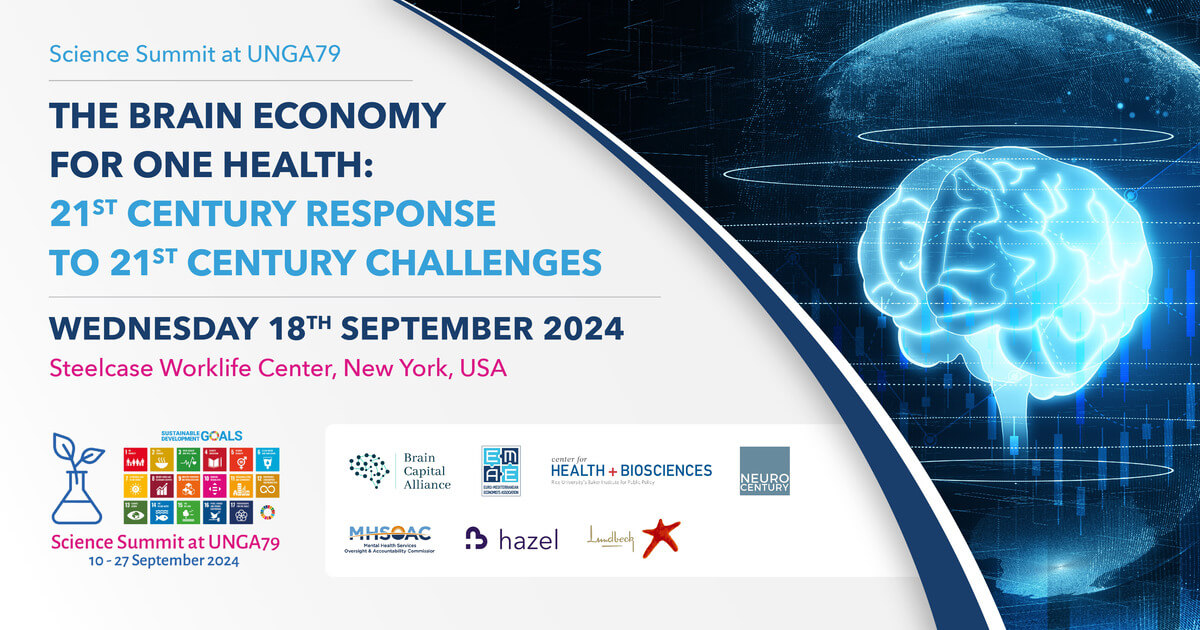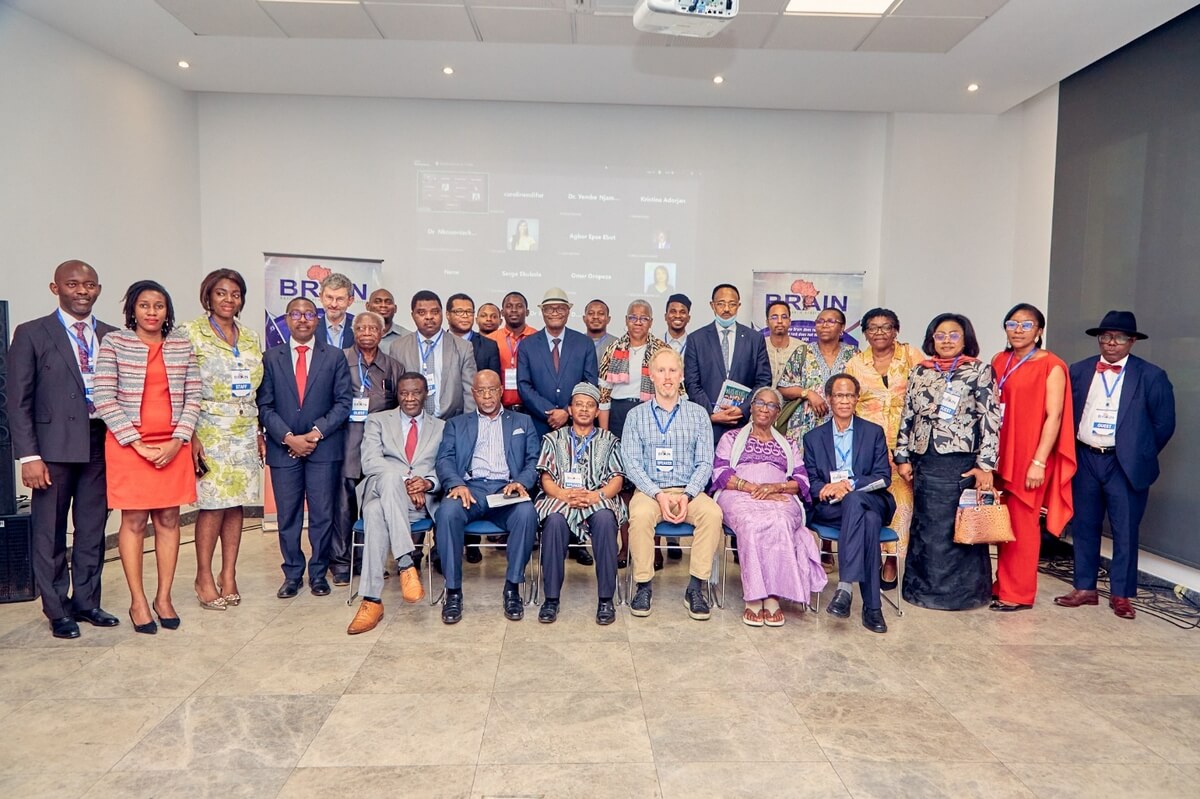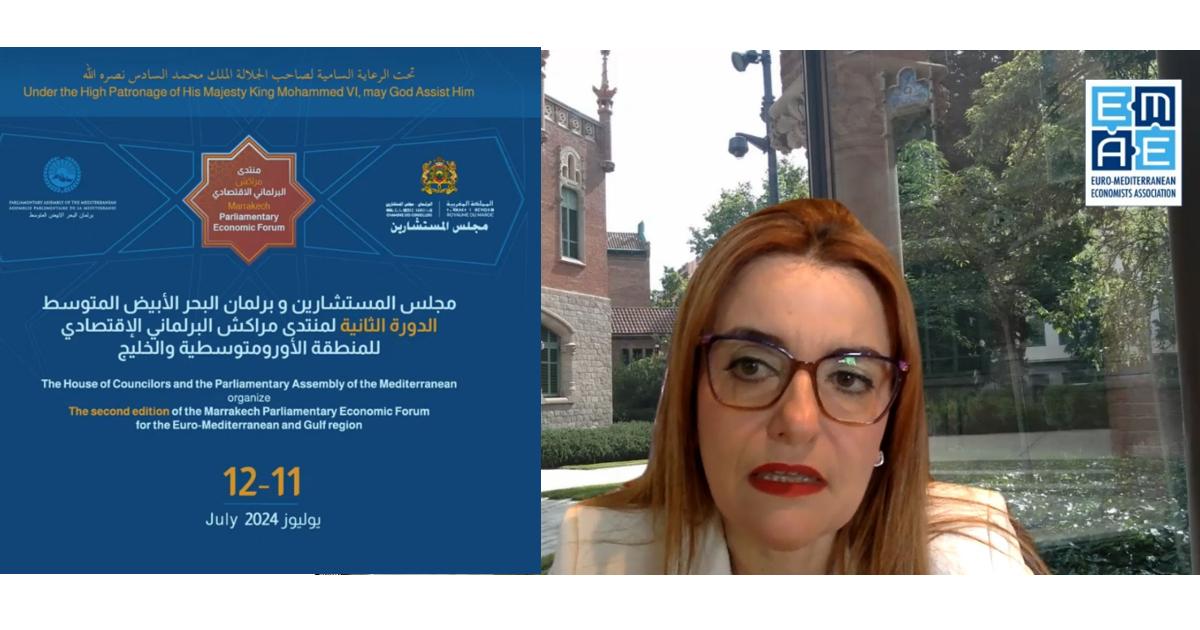The final event of the Interreg Renewable Energy project took place in Brussels on 23 November 2022, after 6 years since its creation and 3 years of implementation of the transferring and mainstreaming actions on clean energy transition policies. The aim of the event was to present the results achieved by the project and the policy recommendations in the framework of the ETU Initiative and the application of the ETU model.
The event was chaired by Mr. Stuart Reigeluth, Founder of REVOLVE, and started with the opening words from Mr. Danilo Ceh, Lead Project Manager at BISTRA and Mr. Nicolas Garnier, Project Officer from the Joint Secretariat of the Interreg MED Programme, both highlighted the positive impact of the project and the key role of each one of the partners involved. The main achievements of the Interreg MED RE project have been the creation of the ETU model and the launching of the ETU Initiative as a strategy of capitalisation and transfer of European project results to local entities, dedicated to the drafting of energy plans, preparation and management of energy transition projects including renewable energy communities.
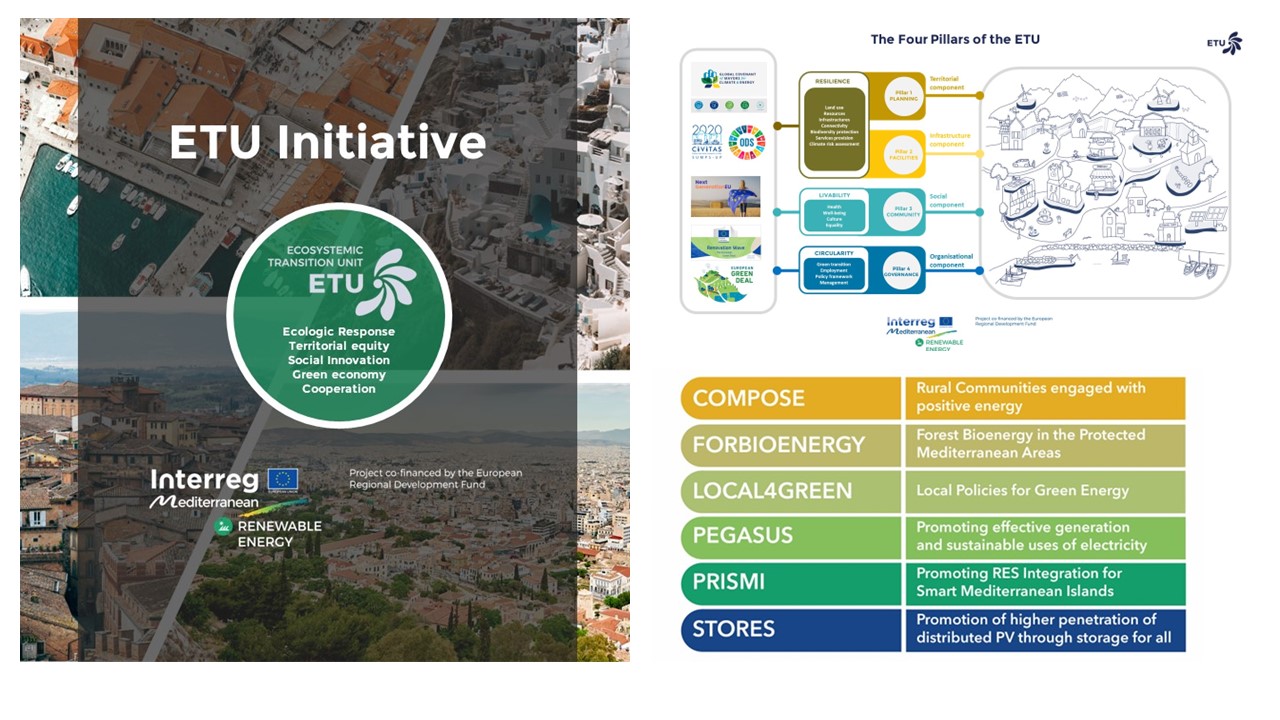
- 1st Stage: Test and assessment of the replicability of tools and its integration to the ETU model components;
- 2nd Stage: The Mainstreaming Process, which included the creation of Regional Groups in Spain, Croatia, Italy Slovenia and Greece to reach local authorities and stakeholders that potentially could be engaged as takers and replicants of the tools; 3rd Launch a Training Programme of open access to show stakeholders the potentialities of the tools and technical support provided. We launched the ETU Flagship Call, addressed to local entities to submit their projects and plans in which they were aiming to apply the ETU toolbox. Nine flagship cases were selected to get technical support, provided by the Interreg MED Renewable Energy community projects.
- 3rd stage of the project was the Letter of Commitment campaign, based on the results obtained from the flagship cases. It boosted the adhesion of more than 30 municipalities to the ETU principles in their energy projects and plans.
Some of the figures cited were that the project reached through its different activities, 41 countries and more than 700 stakeholders. Of which 300 were local authorities engaged. The training programme reached 129 local authorities and engaged 20, who submitted to the ETU Flagship Call. Furtermore, the results obtained of this transferring and mainstreaming action allow to support the local authorities involved, but also to provide evidence about the importance of paying special attention to rural and islands areas when implementing EU directives on clean energy at national and local level. The main policy recommendations of the project are very focused on the territorial dimension of the energy transition at local level:
- Consider the territorial dimension in energy transition plans.
- Enable collective self-consumption and energy communities in remote areas,
- Integrate energy plans with mobility and spatial planning.
- Conduct a capitalisation assessment of to replicate results across other EU Projects.
Following the keynote, two panel sessions were presented. The first focused on the holistic approach to rural areas and islands in concrete, and how can policy plans become more aligned and integrated with other sectoral plans to achieve greater impact. The panel was moderated by Mrs Lucija Rakocevic, Managing Partner at Th!nk E, and continued with the participation of Mr. Matthieu Ballu from DG ENER, and Mr. Cyril Dewaleyne, DG NEAR, from the European Commission. Both agreed on the need of boosting actions at local level and explained the different initiatives that EU Commission is working on to provide support to develop renewable energy plans.
The second panel was focused on how communities can lead the energy transition for rural areas and islands around the Mediterranean and beyond. The panel was moderated by Mrs Alexia Boulanger, Senior Researcher from Environment Park and continued with the participation of three of the flagship cases: Carmelo Licitra, Technical Officer – Energy Manager, Municipality of Ragusa (Italy); Branimic Greguric, EU Funds Associate, Municipality of Brdovec (Croatia); and Antonio Lecha, Head of the Climate Change Office, Municipality of Onda (Spain). Each of them presented which are the renewable energy projects carried out by their municipalities, and described their involvement in the project through the ETU Initiative. As discussants, two representatives of the modular projects participated and provided their testimony about the process of transferring and mainstreaming their projects results in the flagship cases. As for PRISMI Plus project, Dr. Davide Astiaso Garcia, Associate professor of Thermal Sciences, Energy Technology and Building Physics, Sapienza University of Rome, and as for LOCAL4GREEN Plus project, Mr. Francesco Fillippi, Project Director at MUSOL Foundation. Both highlighted the key role of the Interreg MED Renewable Energy and the ETU Initiative as a frame to integrate 6 modular projects and promote their replicability through a systemic approach.
The final remarks were delivered by Mr. Hvroje Maras, Chief Economists at REGEA, and Mr. Emmanuel Kamilakis, Energy expert at the DAFNI Network of Sustainable Greek Islands. Both provided a summary of the relevance of focusing on islands and rural areas as basic territorial units that enable the transition into a green and fair energy transition.
The Interreg Med Renewable Energy Project was one of the 8 MED Horizontal Projects of the Interreg Med Programme, co-financed by the European Regional Development Fund. The capitalisation strategy of the project was set through the Ecosystemic Transition Unit (ETU initiative), a governance model for energy transition in rural and islands areas in the Mediterranean Region. EMEA coordinated the advocacy and policy mainstreaming actions, which aimed to enhance knowledge transfer and synergies on climate change, energy transition, sustainability and green economy. This event closed the Interreg Med Renewable Energy Project.

